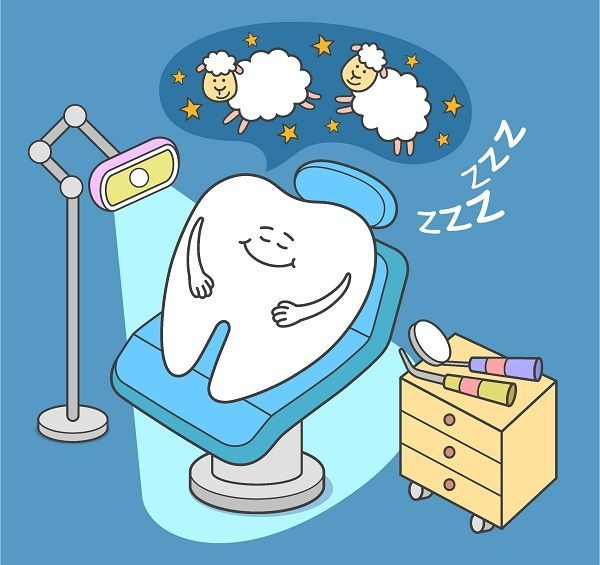Oral Sedation Dentistry – Concerns and Side Effects

For some patients, regardless of age, the visit to the dental office causes panic. In their case, starting the treatment is difficult even if it is explained to them that the entire oral sedation dentistry Highlands Ranch procedure will be painlessand, eventually, will be carried out under local anesthesia.
That is why, nowadays, many offices offer sedation or relaxation methods that help patients get over the moments of anxiety or panic so that dental treatments can be carried out in the best possible conditions.
Oral sedation involves administering (on the night before and an hour before the intervention) anti-anxiety drugs in the form of pills prescribed by the dentist. The drugs will produce a state of relaxation of the central nervous system to allow the dental treatment, during which the patient remains conscious, and the dentist can maintain verbal contact with them. They will respond to verbal commands, and the cardiovascular function and the ability of the airways to function continuously and independently will not be altered at all.
When is oral sedation recommended?
Oral sedation is recommended in the following situations:
·Dentophobia
·Severe anxiety
·Fear of needles
·Powerful vomiting reflex
·Nervous hyperactivity
·Certain chronic diseases
When is oral sedation contraindicated?
This type of sedation is not recommended for the following patients:
·Pregnant women
·People with decompensated diabetes
·People suffering from renal/ hepatic insufficiency
·People with decompensated hyperthyroidism
·Those who consume psychoactive substances
·Those who have advanced respiratory diseases (asthma, emphysema, etc.)
What are the most common side effects of oral sedation?
·Drowsiness
·Slurred speech
·Dizziness or lightheadedness
Therefore, before any dental intervention, it is necessary to talk to your doctor about whether oral drug sedation is a procedure appropriate to your situation.











